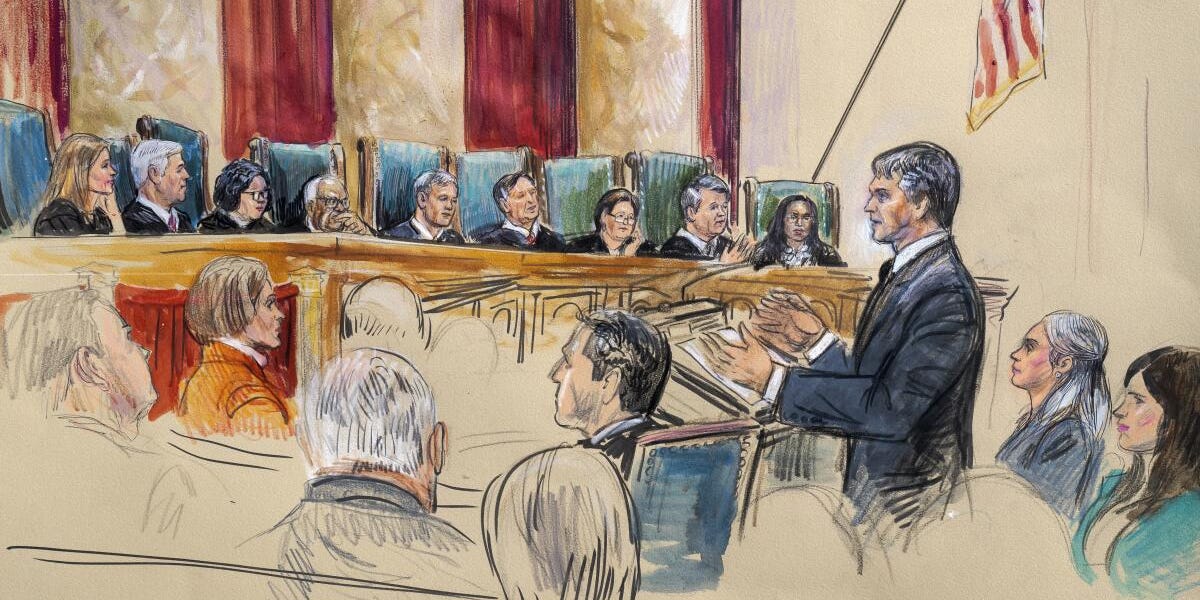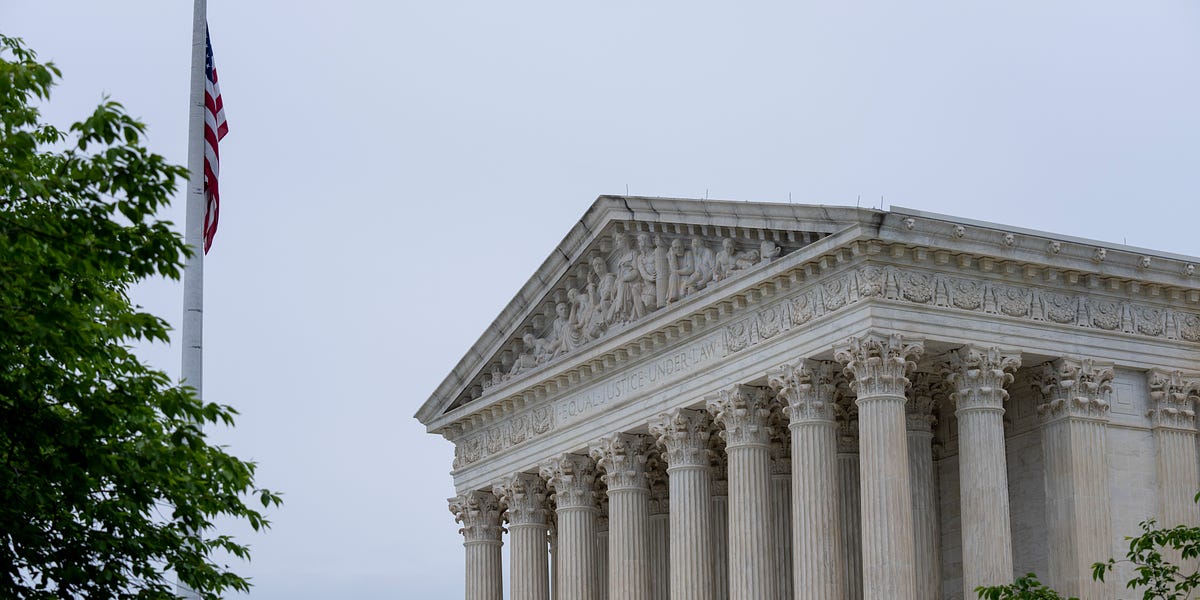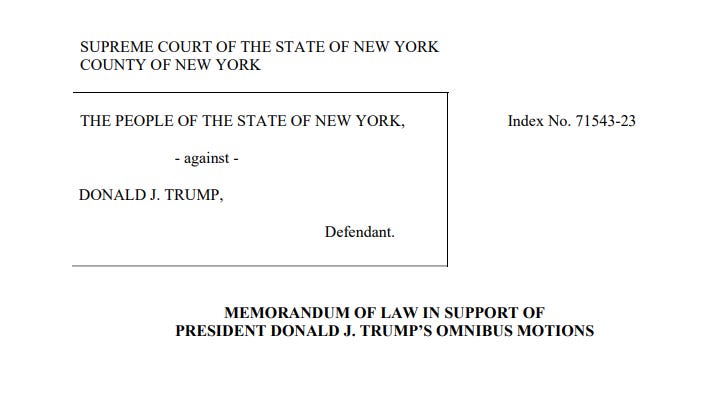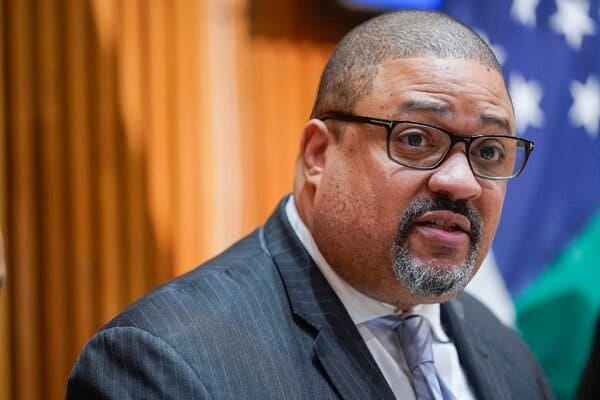Sixties Fan
Diamond Member
- Mar 6, 2017
- 58,664
- 11,124
- 2,140
- Thread starter
- #801
The serially indicted, disgraced ex-president did himself no favors when he finally admitted on live TV that the riot he incited on January 6, 2021, was in fact an "insurrection."




